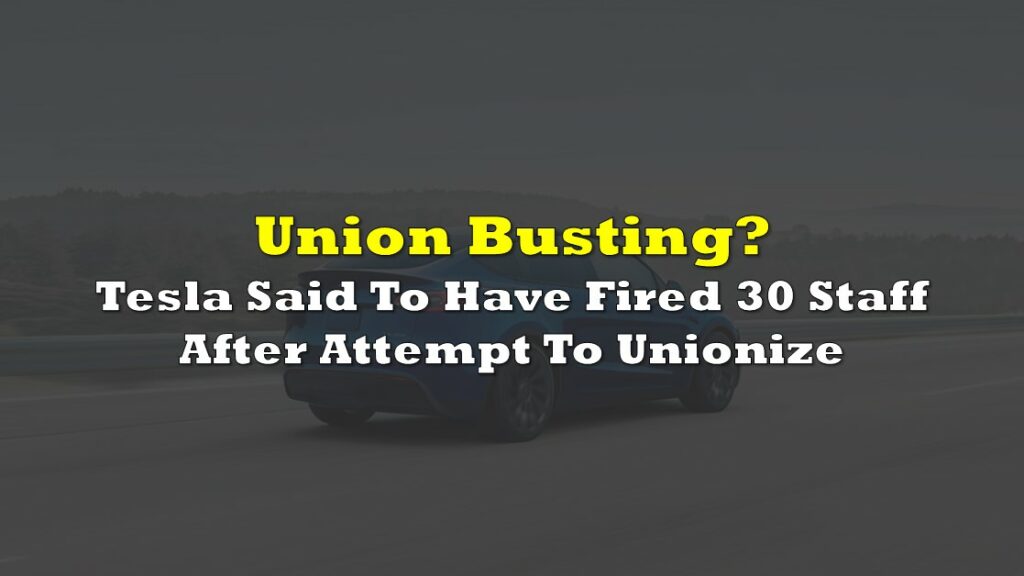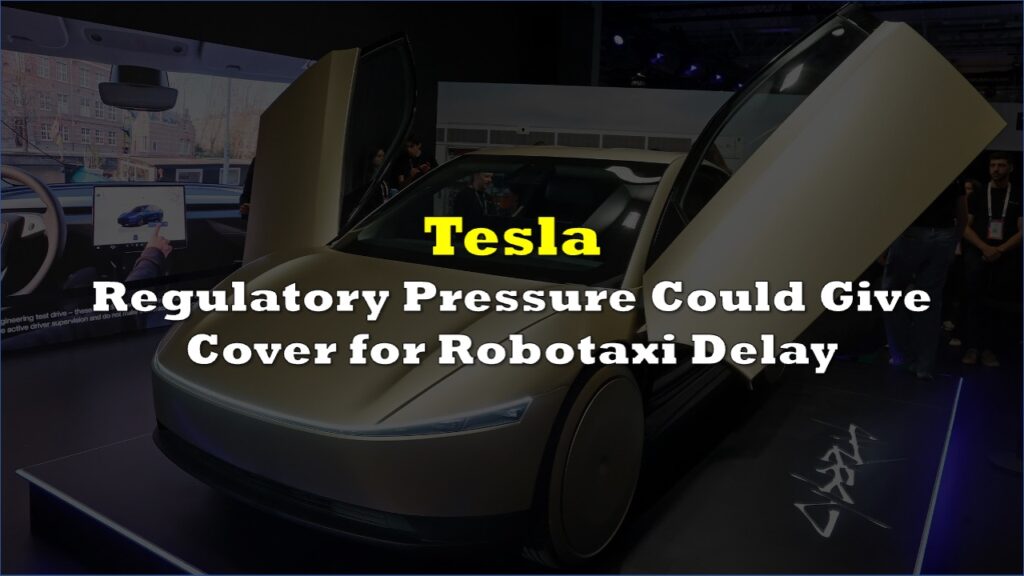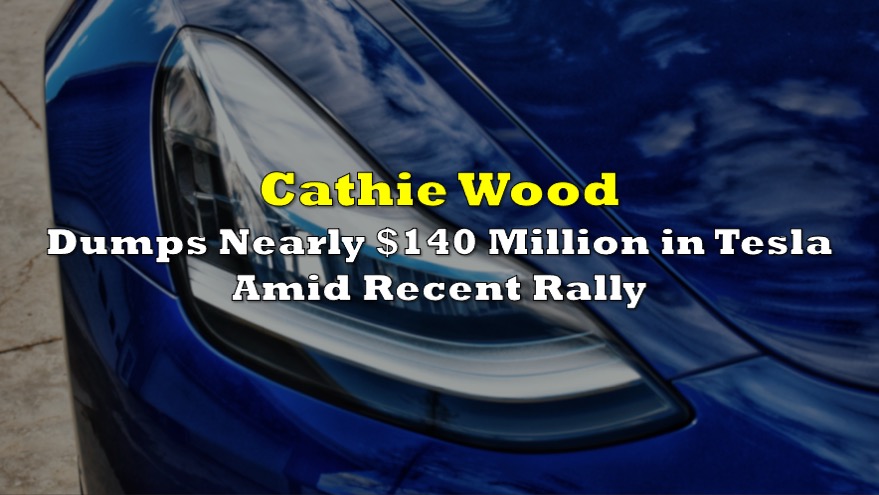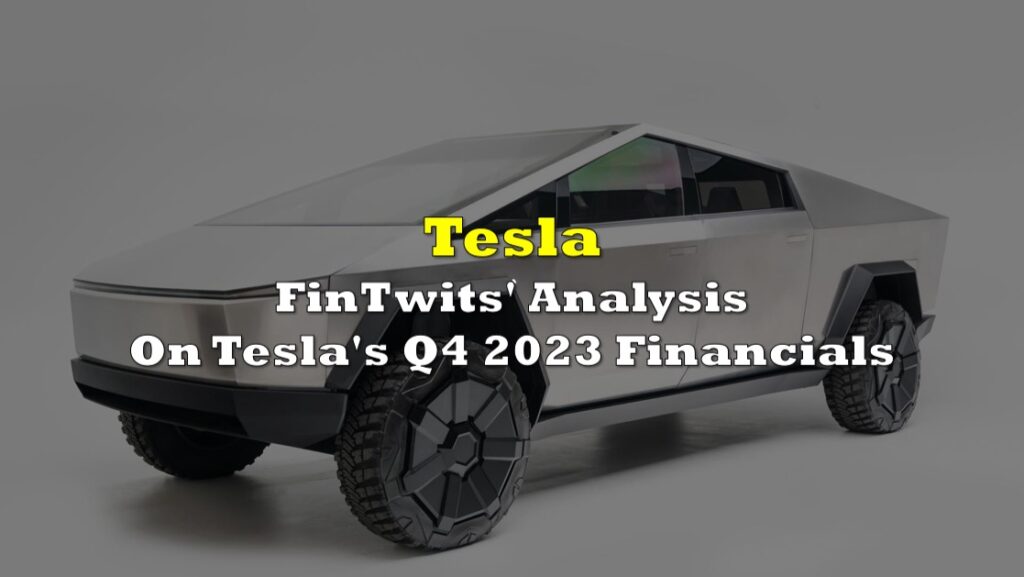Tesla (Nasdaq: TSLA) has secured initial regulatory approval in California to transport passengers, a first step toward CEO Elon Musk’s long-promised ambitious plan to launch a driverless robotaxi service in the state by year-end.
The California Public Utilities Commission confirmed Tuesday it had approved Tesla’s application for a transportation charter-party carrier permit, which will initially allow the electric vehicle maker to transport its own employees on pre-arranged trips in company-owned vehicles.
While the approval marks progress toward Tesla’s robotaxi goals, regulators emphasized that the current permit does not authorize the company to operate autonomous vehicles or provide ride-hailing services to the public.
“This permit is a prerequisite for applying to operate an autonomous ride-hailing service in California, but does not authorize them to provide rides” in autonomous vehicles, a CPUC spokesperson said in a statement.
Tesla had applied for the TCP permit in November 2024, according to the regulator.
To fully realize its robotaxi ambitions, Tesla faces a multi-step regulatory process. The company would need additional permits from both the California Department of Motor Vehicles and the CPUC to operate a fully autonomous service that charges customers.
Currently, Tesla only holds a DMV permit to test autonomous vehicles with a safety driver present. A DMV spokesperson confirmed Tuesday that Tesla has not yet applied for the additional permits required to advance its driverless taxi plans.
The regulatory developments come as Musk has shifted Tesla’s strategic focus toward autonomous technology and artificial intelligence amid slowing electric vehicle sales. Last October, the company unveiled its Cybercab concept, a futuristic vehicle without a steering wheel or control pedals designed specifically for autonomous ride-hailing.
Musk has publicly said that Tesla would launch driverless ride-hailing services in Austin, Texas, by June, followed by a California rollout before the end of the year. According to Musk’s statements to investors late last year, the company is already providing transportation to employees in the San Francisco Bay Area using a Tesla-developed app, though these vehicles still operate with safety drivers.
The push into ride-hailing would put Tesla in direct competition with established players like Uber, Lyft, and Alphabet‘s Waymo, which has been operating a commercial driverless taxi service in several US cities.
Tesla’s diversification comes as the company faces challenges in its core electric vehicle business, including a significant sales slump attributed to its aging product lineup and growing consumer backlash over Musk’s controversial (over-)involvement in the Trump administration.
Information for this story was found via the sources and companies mentioned. The author has no securities or affiliations related to the organizations discussed. Not a recommendation to buy or sell. Always do additional research and consult a professional before purchasing a security. The author holds no licenses.









